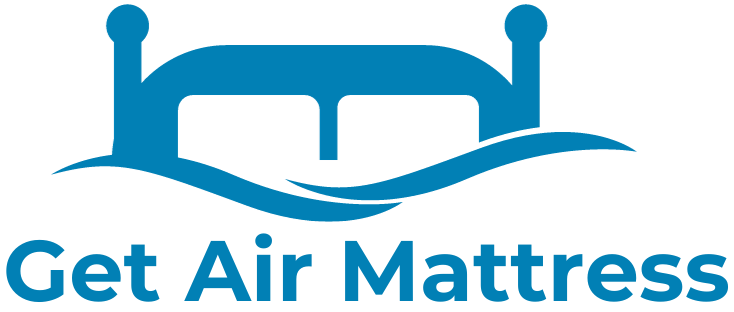
Empty Nose Syndrome (ENS) is a condition characterized by nasal obstruction that often occurs after turbinate surgery. This can lead to sleep dysfunction and a negative impact on overall quality of life. A study found that patients with ENS experience impaired sleep quality and increased sleepiness. Nasal reconstruction surgery has been shown to improve sleep quality in ENS patients. Recognizing and managing sleep impairment in individuals with ENS is crucial for their well-being.
Symptoms and Challenges of Empty Nose Syndrome
Empty Nose Syndrome (ENS) is a condition that presents various symptoms, causing significant challenges for individuals affected. Common symptoms include difficulty breathing, nasal congestion, headaches, dizziness, dryness in the nose and throat, nosebleeds, and a sensation of suffocation or drowning. These physical symptoms can greatly impact daily life and overall well-being.
In addition to the physical effects, ENS also takes a toll on mental health. Individuals with ENS may experience anxiety, irritability, and trouble focusing and concentrating. Depression and even suicidal thoughts have been associated with this condition. The combination of physical discomfort and mental health challenges make managing ENS symptoms crucial for affected individuals.
ENS can lead to impaired sleep quality, further exacerbating the challenges individuals face. Sleep difficulties, such as insomnia and disrupted sleep patterns, are commonly reported by those with ENS. The constant nasal obstruction can cause discomfort that makes it difficult to fall asleep or stay asleep throughout the night. The resulting sleep deprivation can contribute to fatigue and decreased cognitive functioning, impacting daily productivity and overall quality of life.
Addressing the Mental Health Effects
Recognizing the mental health effects of ENS is vital for providing comprehensive care to individuals with this condition. Seeking professional help from healthcare providers, such as psychologists or psychiatrists, can offer support and guidance to manage the emotional impact of ENS. Therapeutic interventions, including cognitive-behavioral therapy and stress management techniques, can help individuals develop coping mechanisms to navigate the challenges presented by ENS.
Furthermore, support groups and online communities can provide a sense of belonging and understanding, allowing individuals with ENS to connect with others who are going through similar experiences. Sharing personal stories and exchanging advice can foster a sense of support and provide a valuable space for emotional healing.
By addressing both the physical symptoms and mental health effects of ENS, individuals can work towards managing their condition and improving their overall well-being.
| Symptoms of Empty Nose Syndrome | Mental Health Effects | Sleep Difficulties |
|---|---|---|
| Difficulty breathing | Anxiety | Insomnia |
| Nasal congestion | Irritability | Disrupted sleep patterns |
| Headaches | Trouble focusing and concentrating | |
| Dizziness | Depression | |
| Dryness in the nose and throat | Suicidal thoughts | |
| Nosebleeds | ||
| Sensation of suffocation or drowning |
Strategies for Sleeping With Empty Nose Syndrome
Empty Nose Syndrome (ENS) can greatly disrupt sleep quality and overall well-being. While there is no cure for ENS, there are strategies that individuals can employ to manage their symptoms and improve sleep. Working closely with a healthcare professional is crucial in developing an individualized plan tailored to each person’s specific needs.
Moisturizers and Saline Sprays
Using topical moisturizers and saline sprays can help alleviate dryness in the nose and throat, which is a common symptom of ENS. These products can provide temporary relief and improve comfort during sleep, contributing to better sleep quality.
Hydration and Humidification
Drinking plenty of fluids throughout the day is important for overall health and can help reduce nasal dryness. Additionally, using a humidifier in the bedroom or a CPAP (continuous positive airway pressure) machine during sleep can add moisture to the air, making it easier to breathe and reducing discomfort caused by ENS.
Medications and Surgical Options
In some cases, medications that enlarge nasal passages and reduce ENS symptoms may be prescribed. These medications can help improve airflow and alleviate congestion, leading to better sleep. Reconstructive surgery of the turbinates may also be recommended for individuals with severe ENS. It is essential to consult with a healthcare professional to determine the most appropriate treatment options.
Managing Empty Nose Syndrome involves a comprehensive approach that addresses both the physical and psychological aspects of the condition. By implementing these strategies and working closely with healthcare professionals, individuals with ENS can improve their sleep quality and overall well-being.
- How to Turn off Deep Sleep Mode on Brother Printer Mfc-l2707dw? - October 25, 2023
- How to Tell if Your Girlfriend Used to Sleep Around? - October 25, 2023
- How to Get My Cat to Sleep? - October 25, 2023
